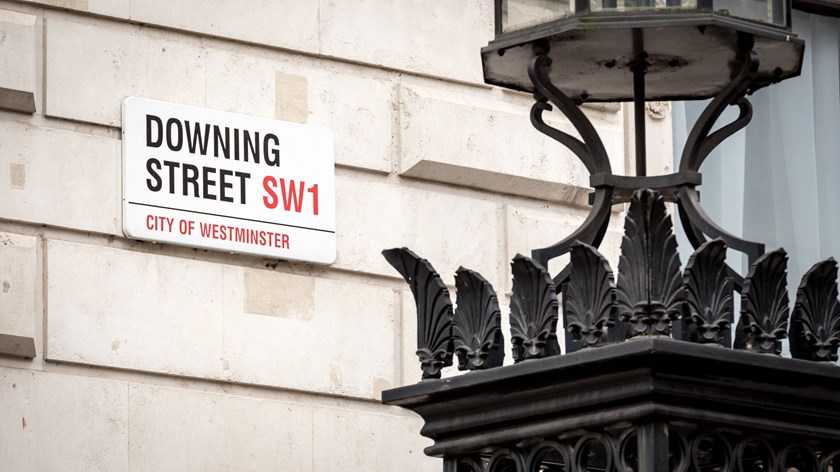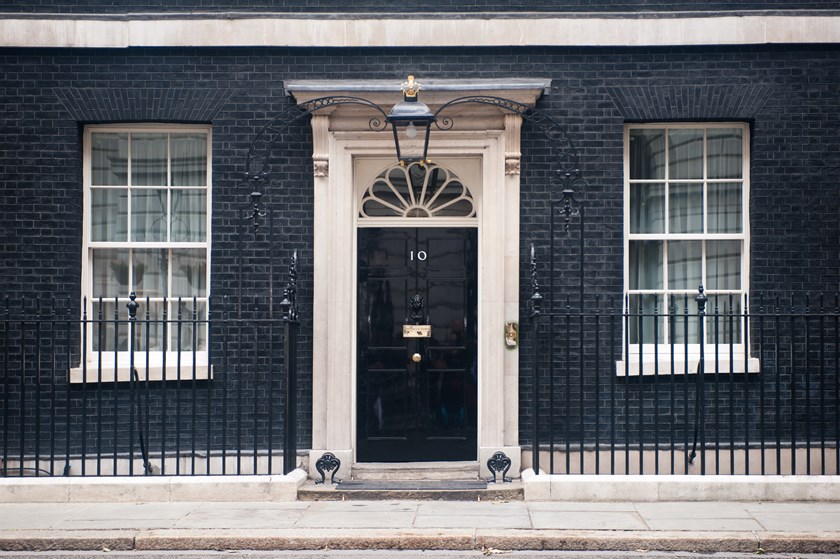VAT and Property: what are the rules for transfer of going concern (TOGC) treatment
Insight

In our previous article we explained why most commercial properties in the UK have been opted to tax. There are also other situations in which VAT may be charged on property transactions even if the seller has not opted to tax, such as on the purchase of some new or uncompleted buildings.
At a tax rate of 20 per cent, any VAT incurred on a property purchase would represent a significant extra cost to buyers who cannot recover it from HMRC (see our article on transaction planning for further information on this). But even buyers who can ultimately recover VAT will not welcome the additional cash flow burden, nor the extra Stamp Duty Land Tax they may be liable for on any such VAT.
The TOGC rules
Fortunately, it is often possible to structure a transaction so that no VAT needs to be paid, even if the seller has opted to tax or where VAT would otherwise need to be charged. This can be done where the seller is transferring a business to the buyer and certain strict conditions are met, known as transfer of going concern (TOGC) treatment.
Very broadly, in a property context TOGC treatment requires that:
-
The buyer carries on the same kind of business as the seller with respect to the property. Often this will be continuing to let the property to tenants. But this condition may also be satisfied in other situations too, such as where the buyer will occupy the property after having acquired the seller’s business.
-
If the seller is registered for VAT (or is required to be registered for VAT), the buyer must also be registered (or required to be registered).
-
If the seller would have otherwise had to charge VAT on the sale (ignoring TOGC treatment), the buyer must validly opt the property to tax.
-
The buyer must notify the seller that any such option to tax will not be disapplied under the rules outlined in our previous article.
Problem cases
It can sometimes be straightforward to ensure that these conditions are met, with the result that no VAT needs to be charged by the seller, nor paid by the buyer. However, it is not unusual to see situations where these conditions can be more problematic. Examples include transactions which:
-
involve VAT groups or owner-occupiers,
-
take the form of the grant of a new lease, rather than a freehold sale or lease assignment,
-
involve properties which are vacant, newly constructed or in the process of being built, or
-
involve non-UK entities, or entities which are not VAT registered.
In these sorts of less straightforward cases, it will be crucial to obtain VAT advice early to see if the transaction might be viably restructured to benefit from TOGC treatment.
If TOGC treatment is not available, the parties might consider the possibility of acquiring shares in the property-owning company instead of acquiring the property directly. Such a share sale would be exempt from VAT and may also eliminate or reduce any Stamp Duty Land Tax otherwise payable on the transaction (although buyers should be aware that this is not always guaranteed, as explained in our article on property company purchases here).
Implications
The most well-known consequence of TOGC treatment is that no VAT would be payable on the purchase price. However, there are various other factors to consider too.
The essence of a TOGC in VAT terms is that the buyer steps into the seller’s shoes. For instance, a buyer may (although rarely does) take over a seller’s VAT registration on a TOGC purchase and they will inherit the seller’s capital goods scheme status.
The capital goods scheme is a system whereby property owners can recover VAT on capital expenditure of £250,000 or more over a period of 10 years. The recoverability of that VAT may be adjusted over that period in accordance with the use of the property. Where a property is within the capital goods scheme and it is sold by a TOGC, the buyer assumes responsibility for any VAT adjustments that may be required to or from HMRC based on the seller’s historic expenditure. This could, in certain cases, result in the buyer needing to repay to HMRC tax which the seller previously recovered.
Protecting the parties
HMRC does not generally provide any assurance on whether a transaction qualifies as a TOGC and this treatment can strike at the heart of the financial viability of a transaction. Prospective buyers and sellers should therefore seek professional advice early, so they can proceed with clarity and with the benefit of appropriate legal protection.
This article is part of our introduction to VAT and Property series.
- Article 1 “VAT and Property: planning for VAT in UK commercial property transactions” click here to read.
- Article 2 “VAT and Property: what is an option to tax and why does it matter?” click here to read.
- Article 4 “VAT and Property: common VAT issues and latest developments” click here to read.
If you require further information about anything covered in this insight, please contact James Bromley or your usual contact at the firm on +44 (0)20 3375 7000.
This publication is a general summary of the law. It should not replace legal advice tailored to your specific circumstances.
© Farrer & Co LLP, August 2022







